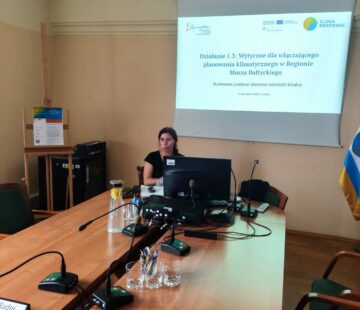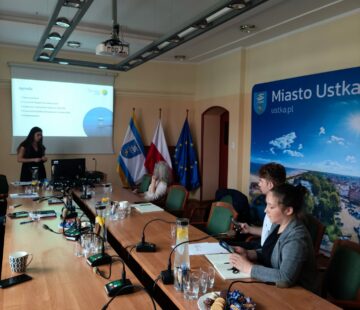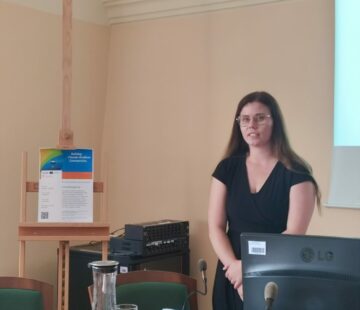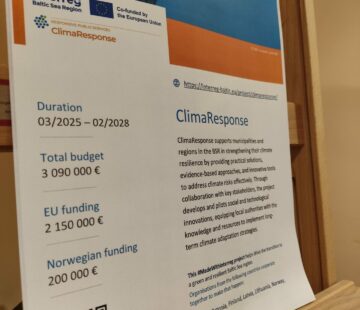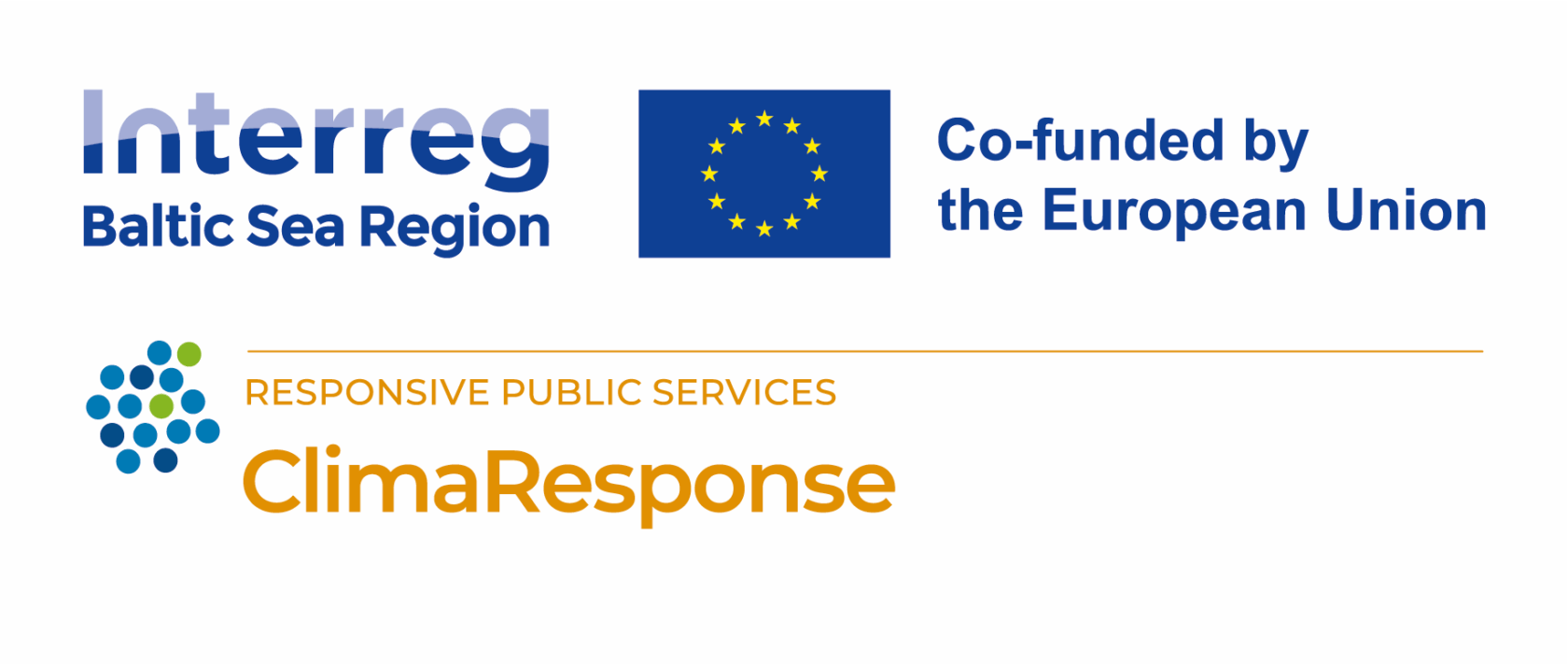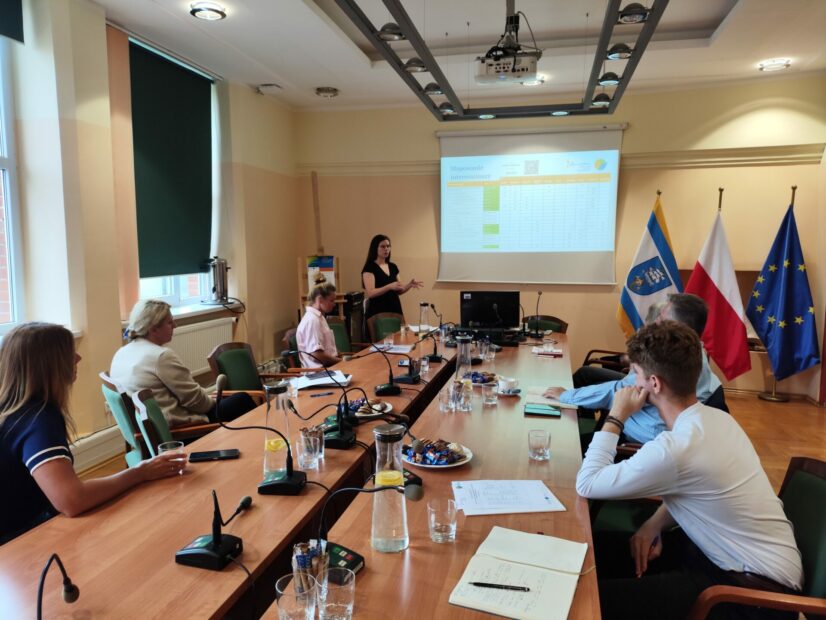The first local workshop within the project ClimaResponse – Responsive Local Action for Climate Change Adaptation and Disaster Risk Reduction was held in Ustka, Poland. The project is being implemented as part of the Interreg Baltic Sea Region Programme 2021-2027
Workshop Objective
The meeting, organised by the “Pomorskie in the European Union” Association, aimed to develop guidelines for inclusive climate planning in the region. The project focuses on strengthening local resilience to the effects of climate change and on reducing risks associated with extreme weather events.
Participants
The workshop brought together:
– representatives of the Ustka Town Hall,
– members of the Local Tourist Organisation in Ustka,
– the local office team of the “Pomorskie in the European Union” Association in Gdańsk.
Workshop Activities
During the meeting, participants:
– learned about the objectives of the ClimaResponse project and its significance for local communities,
– mapped local needs and existing cooperation structures (NGOs, entrepreneurs, municipal service providers), discussed climate-related risks, their impacts, and available mitigation measures,
– jointly identified potential partners for further pilot activities.
Identifying Vulnerable Groups
A key element of the workshop was the identification of groups particularly vulnerable to the effects of climate change. In Ustka, these include:
– senior citizens,
– health resort patients,
– tourists (including international visitors, mainly from Czechia and Germany),
– children,
– people with disabilities,
– pregnant women.
Identifying these vulnerable groups helps to prioritise adaptation actions, understand sources of vulnerability, and better tailor solutions to local needs.
Good Practices and Existing Solutions
Participants also identified several solutions already in place in Ustka that support climate resilience, such as:
– public drinking fountains,
– water mist curtains,
– retention reservoirs,
– SMS warning system,
– projects aimed at reducing urban heat islands.
These initiatives demonstrate that the city is already taking concrete steps towards climate adaptation, and that the ClimaResponse project can further strengthen and integrate these efforts.
What’s Next?
The upcoming stages of the project include:
– pilot implementation of adaptation strategies,
– development of the Digital Planning Platform to support local authorities in climate risk management and action planning.
The ClimaResponse project is a step towards more resilient, aware, and sustainable communities across the Baltic Sea Region.
